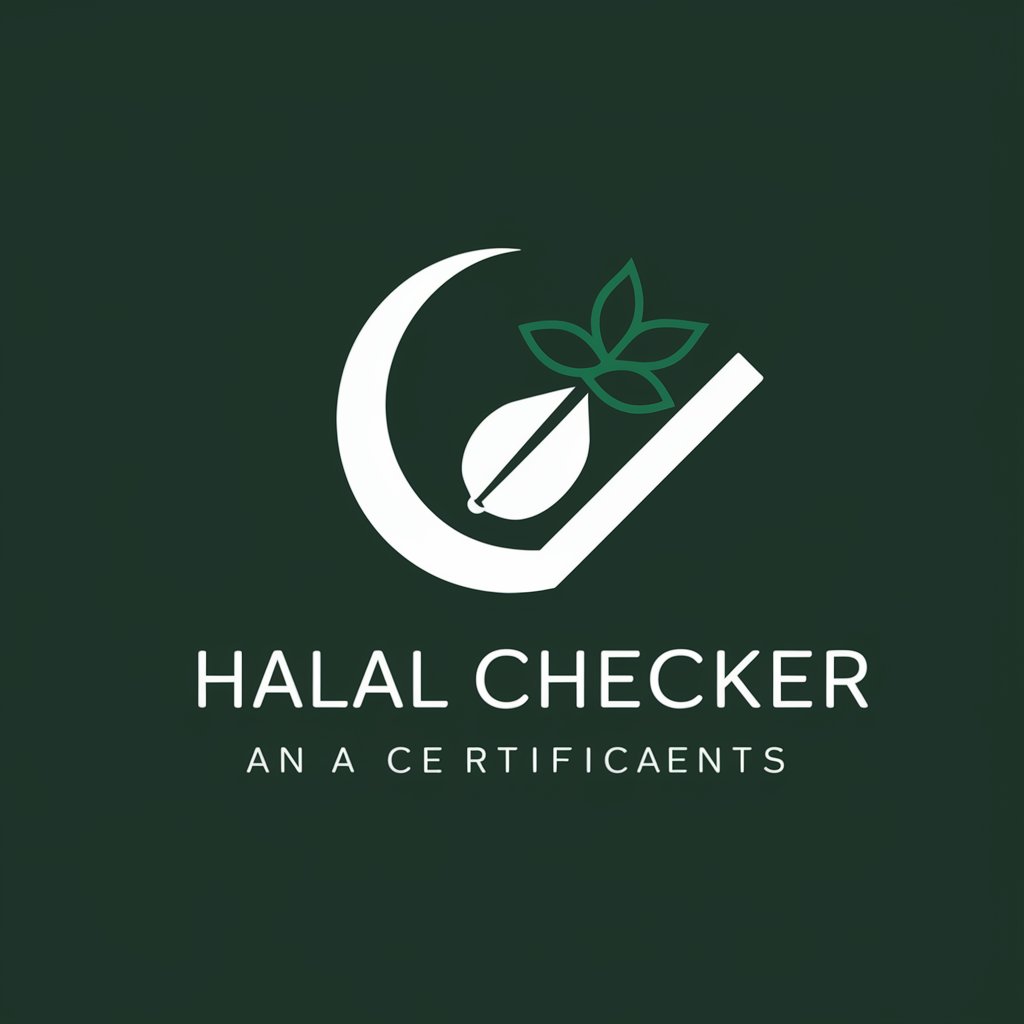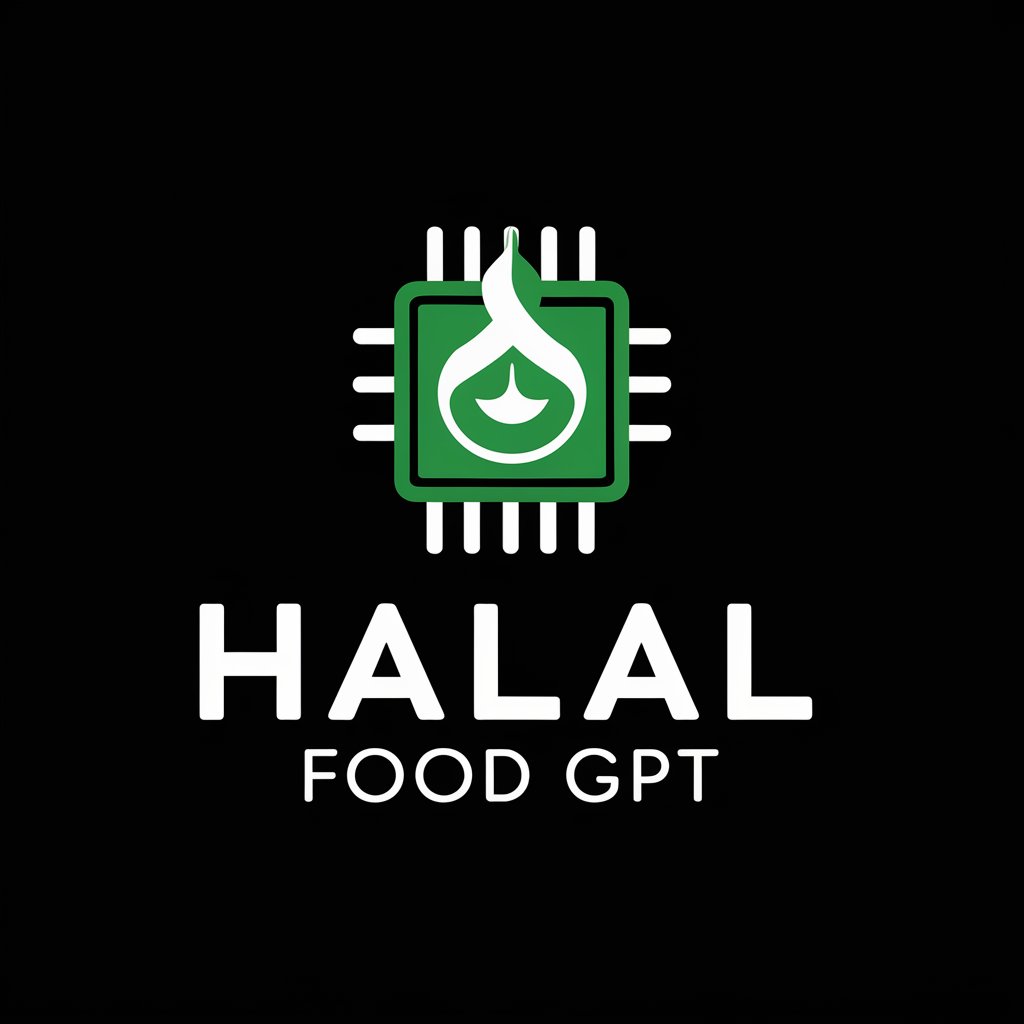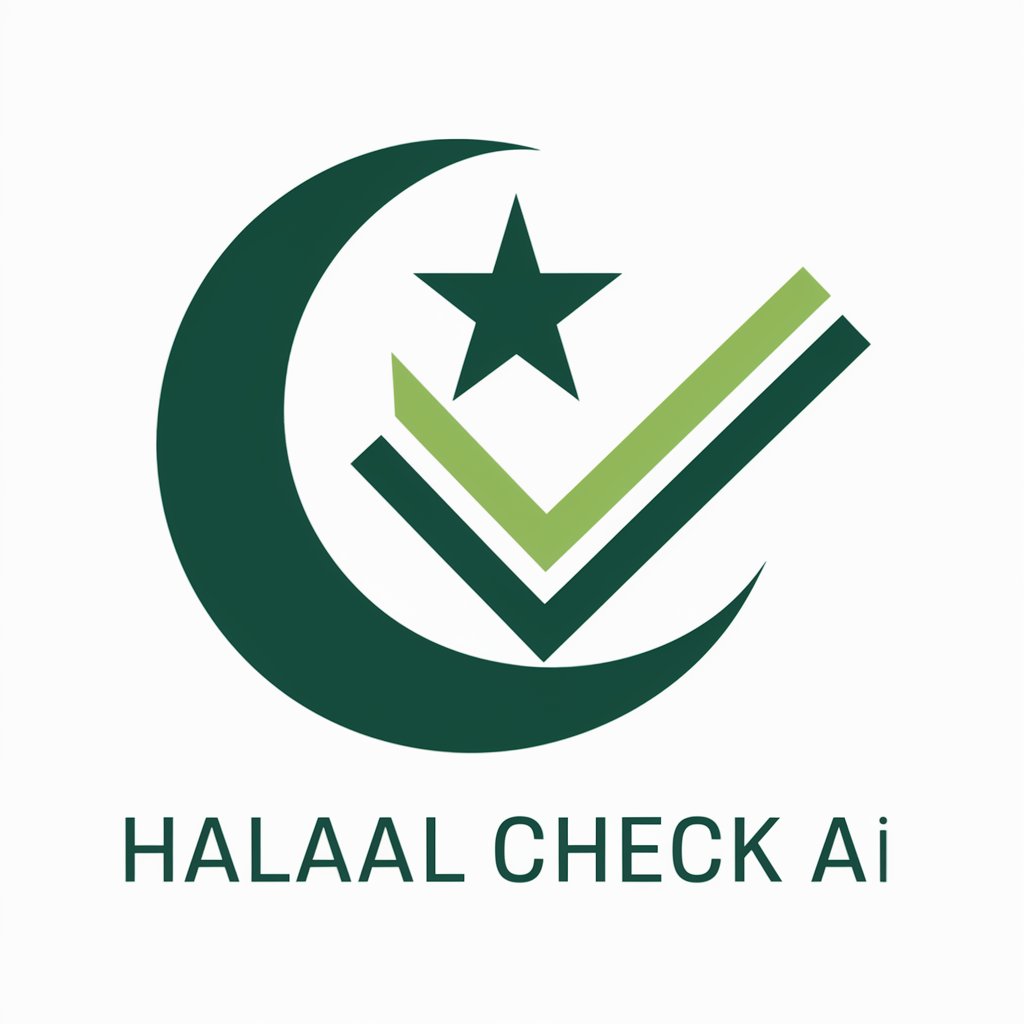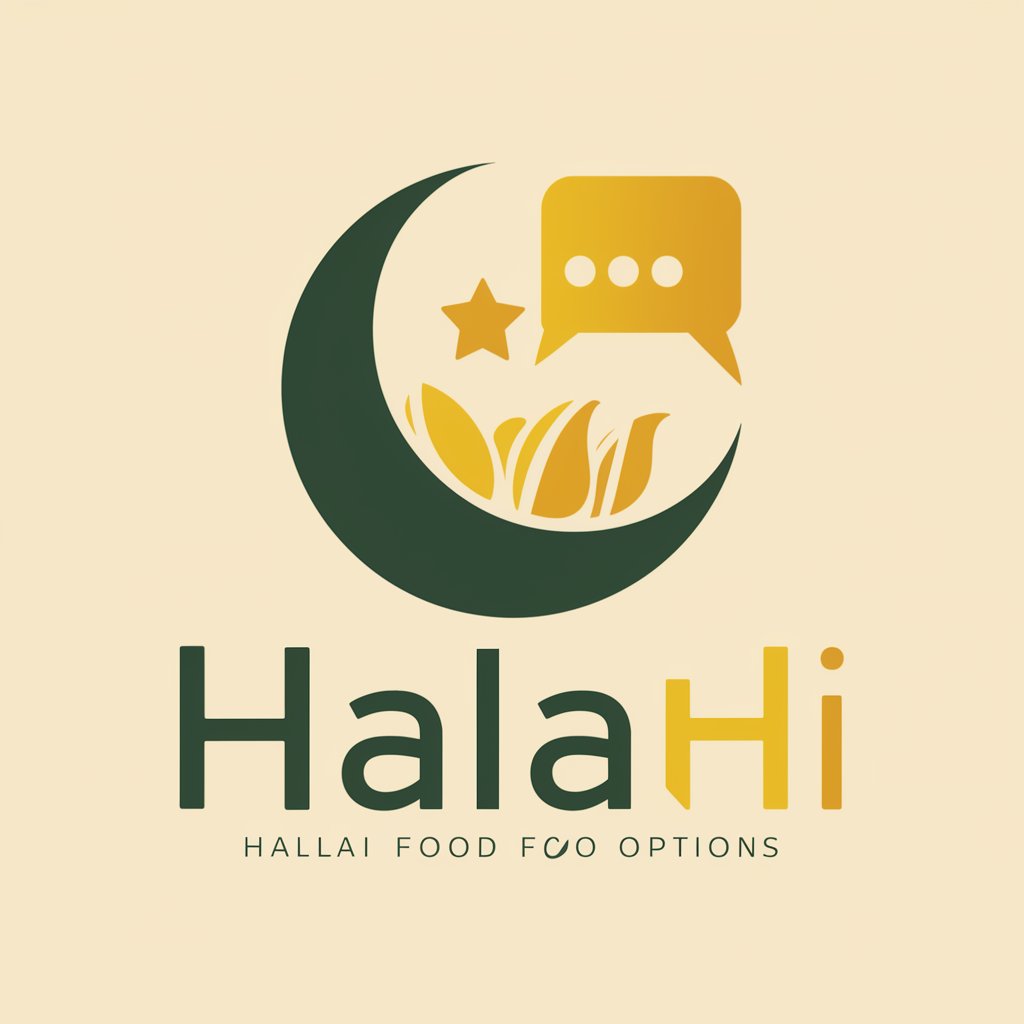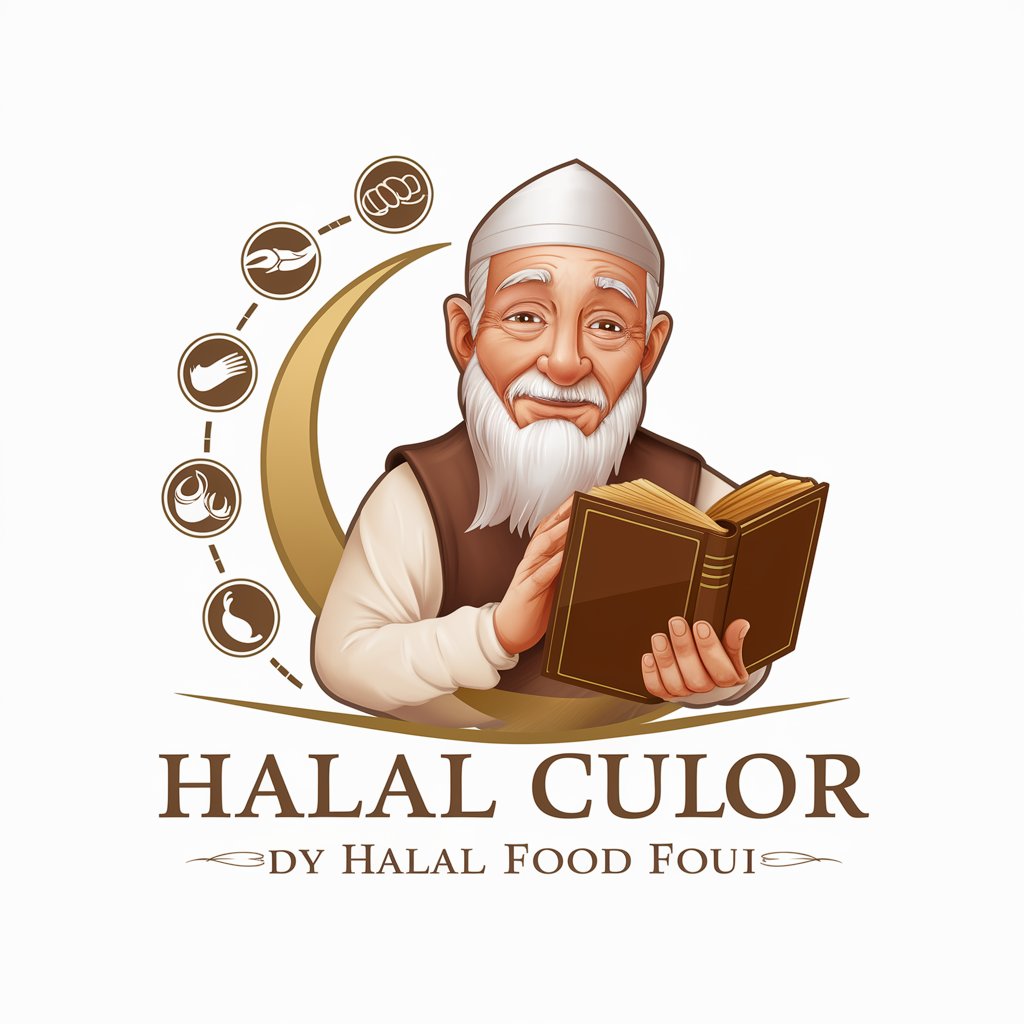
Halal - AI-powered Halal Guidance

Assalamu Alaikum! How can I assist you with Islamic guidance today?
Your digital guide to Halal compliance
Is this action halal or haram according to the Quran and Hadith?
Can you explain the Islamic perspective on...
What does the Quran say about...
How does Islamic teaching address the issue of...
Get Embed Code
Introduction to Halal
Halal, derived from the Arabic word meaning 'lawful' or 'permitted', is a term designating any object or an action which is permissible to use or engage in, according to Islamic law. The term is used to designate food seen as permissible according to Islamic law (Sharia). Halal is contrasted with haram, which refers to what is forbidden. These terms also apply to all aspects of life, not just food. The importance of halal standards has grown significantly due to global Muslim population growth, awareness of halal products, and increasing international trade in Muslim countries. Powered by ChatGPT-4o。

Main Functions of Halal
Ensuring dietary compliance
Example
Certifying food products to confirm they meet Islamic dietary laws, which include the prohibition of alcohol and pork products, and ensuring meat is slaughtered in a specific way.
Scenario
A food manufacturer wants to expand their market to include Muslim consumers and seeks Halal certification to ensure compliance and appeal to this demographic.
Facilitating international trade
Example
Halal certification is often a requirement for exporting food products to predominantly Muslim countries.
Scenario
A company producing sauces and condiments seeks to export products to Malaysia, requiring Halal certification to meet the importing country's regulations and cultural practices.
Personal care and pharmaceutical compliance
Example
Products like cosmetics or medicines are certified Halal when they are free from prohibited substances and comply with Sharia law.
Scenario
A pharmaceutical company develops a new drug and applies for Halal certification to ensure the product can be used by Muslims, involving analysis to ensure that no ingredients are derived from prohibited sources.
Ideal Users of Halal Services
Muslim Consumers
Individuals looking to ensure that their lifestyle, including food, personal care items, and financial services, adhere to Islamic laws.
Food and Beverage Producers
Companies that aim to make their products accessible to Muslim markets, both local and international, thereby expanding their market reach.
Export Businesses
Businesses seeking to expand into international markets in Muslim-majority countries, needing to comply with local halal standards for market entry.

Guidelines for Using Halal
Start with a Free Trial
Visit yeschat.ai to begin using Halal for free without needing to log in or subscribe to ChatGPT Plus.
Identify Your Needs
Determine the specific aspects of your lifestyle or business where you require guidance on halal practices.
Engage with Halal
Use the chat interface to ask specific questions about Islamic practices, dietary regulations, or financial transactions to ensure they comply with halal standards.
Review Responses
Carefully review the detailed responses based on Islamic teachings. Cross-reference with local or more specific Islamic jurisprudence if necessary.
Regular Use
Integrate Halal into your regular decision-making processes to maintain consistent compliance with Islamic laws.
Try other advanced and practical GPTs
AndersGPT
Navigate technology with AI power

SEO Article Rewriter
Revolutionize your content with AI-driven SEO optimization.

Retail Marketing Assistant
Empowering Retail with AI Insight

Ask the Cannabis Chef
Elevate Cooking with AI-Powered Cannabis Chef

Watch Valuator AI
Precision Valuations Powered by AI

Crypto Blockchain Management
Empowering blockchain management with AI.

AI Car Matchmaker
Finding Your Green Drive, Powered by AI

Hellenica - Greece Travel Guide
Explore Greece with AI-powered precision
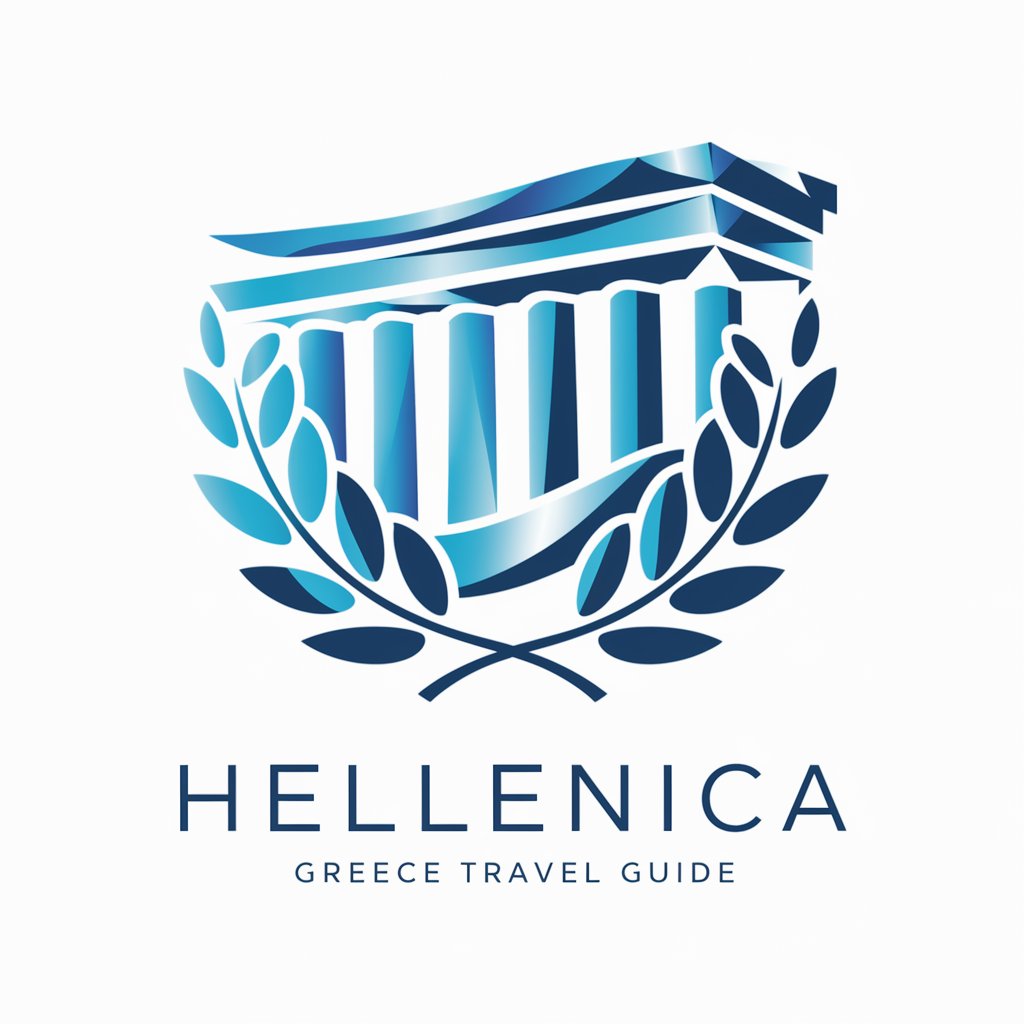
Flashcards - LFG
Memorize Faster with AI-Powered Flashcards

DialZara Agent Creator
Automate Customer Interactions with AI

Prime - LFG
Unleash AI-powered study innovation
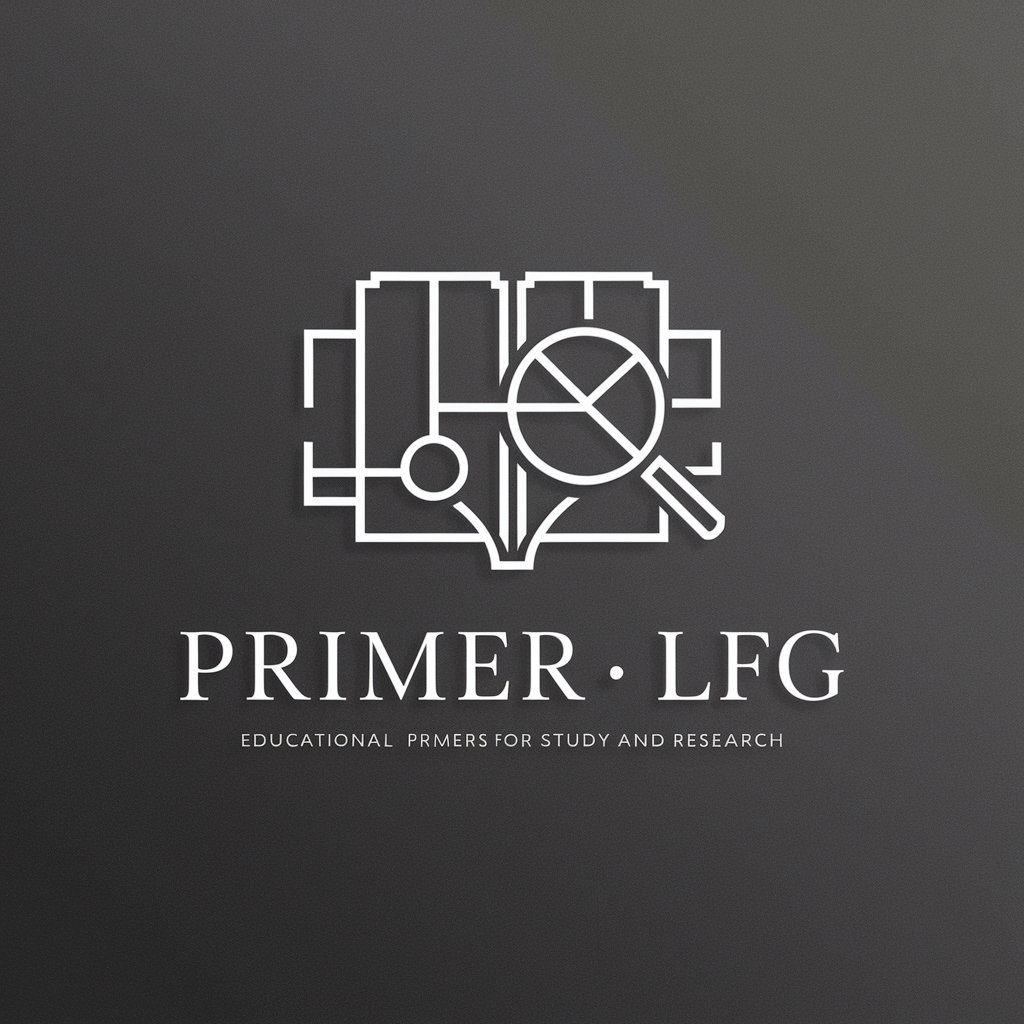
Linear Algebra Tutor NYU
AI-powered Linear Algebra Assistance

Detailed Q&A about Halal
What is Halal?
Halal, in the context of this tool, refers to actions or practices that are permissible under Islamic law. The tool provides guidance on whether certain practices align with Islamic teachings from the Quran and Hadith.
How does Halal determine if something is permissible?
Halal uses information from Islamic scriptures, specifically the Quran and Hadith, to assess whether practices or products meet the requirements laid down by Islamic law. Queries are analyzed in context to provide accurate responses.
Can Halal provide advice on financial transactions?
Yes, Halal can guide on the permissibility of financial transactions such as loans, investments, and business contracts to ensure they are free from Riba (interest) and comply with Islamic financial principles.
Is Halal capable of advising on food and dietary laws?
Absolutely. Halal can specify which foods are permissible and which are prohibited according to Islamic dietary laws, including details about meat processing and other food products.
Can Halal assist in personal life decisions?
Halal can help users make personal life decisions that require alignment with Islamic teachings, including marriage, family matters, and everyday activities ensuring they adhere to Halal practices.
